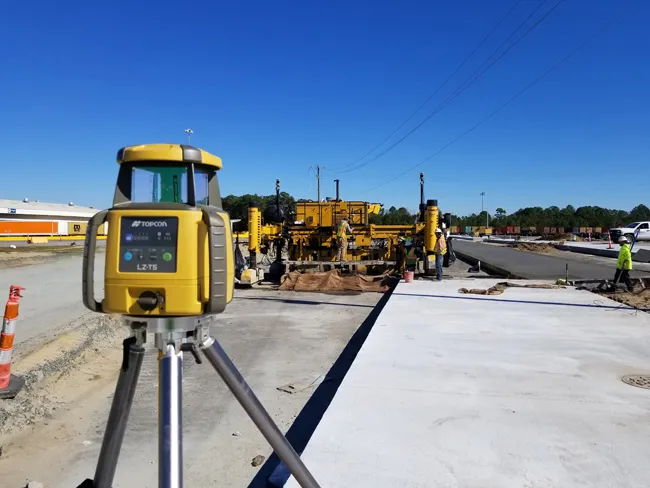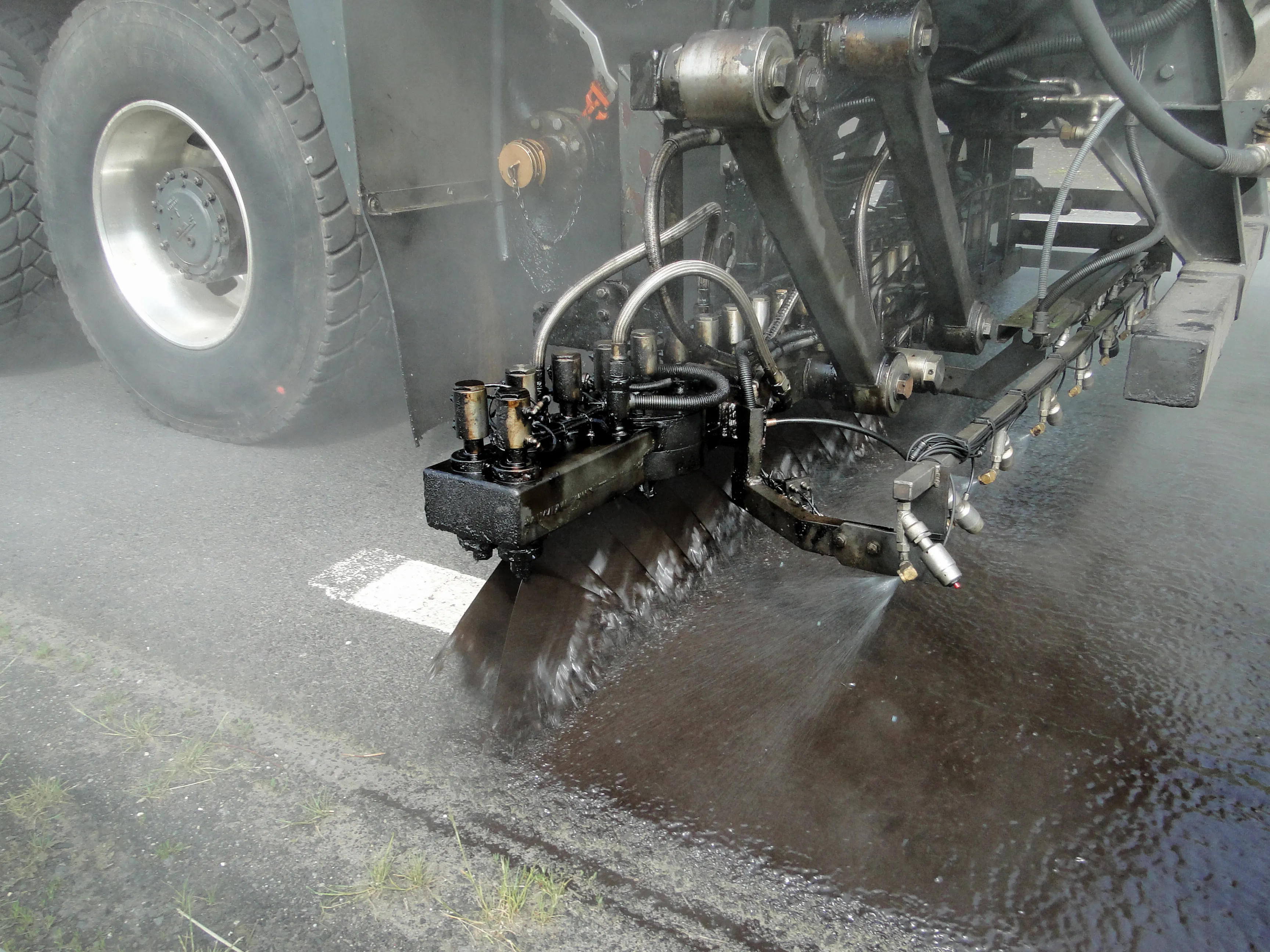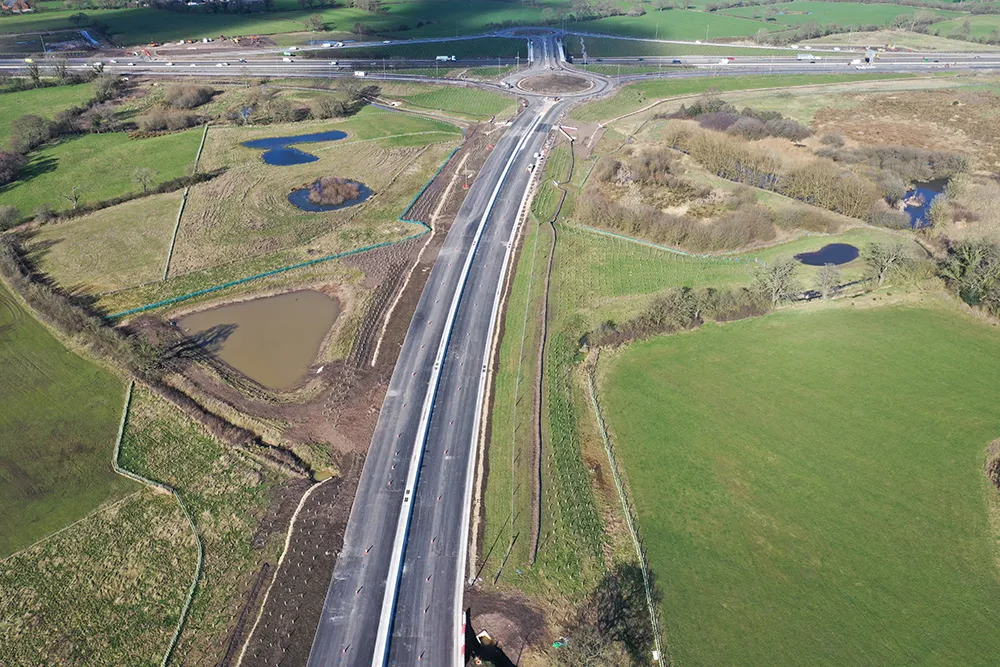Consultants have specified Tensar techology in the rebuilding of a deteriorating Polish highway in order to meet current standards. The use of Tensar geogrids enabled consultants Drotest and Dro-konsult Warsaw to create a stable asphalt pavement quicker and more economically than using conventional construction methods, says Tensar.
The 40km long road, which connects Bartoszyce and Ketrzyhn, had exceeded its design life and clearly showed its structural weakness with bad rutting, extensive fatigue crackin
July 31, 2012
Read time: 2 mins

Consultants have specified 340 Tensar techology in the rebuilding of a deteriorating Polish highway in order to meet current standards.
The use of Tensar geogrids enabled consultants1438 Drotest and Dro-konsult Warsaw to create a stable asphalt pavement quicker and more economically than using conventional construction methods, says Tensar.
The 40km long road, which connects Bartoszyce and Ketrzyhn, had exceeded its design life and clearly showed its structural weakness with bad rutting, extensive fatigue cracking and surface deformation. The 6m wide carriageway was carried on a narrow fill embankment with minimum shoulders and flanked by deep ditches.
Conventional techniques of installing a thick pavement structure to improve the road bearing performance would have required widening the embankment to carry the additional construction. This was an expensive option and not economically possible.
Instead, the Tensar technical design team proposed the installation of a lean concrete base carrying Tensar geogrid composite reinforced asphalt layers. Over the concrete, the contractors PBDiM Minsk Mazowiecki laid a bituminous bond coat, and rolled out the Tensar ARG composite (geogrid bonded to a paving fabric) which was then brushed flat.
Over the concrete road base they laid a new binder course followed by wearing layers of asphalt. The function of the Tensar geogrid composite was to restrict any shrinkage cracking from the concrete layer from reflecting into the asphalt. In addition, its load bearing capability will provide fatigue resistance for the asphalt layers.
The use of Tensar geogrids enabled consultants
The 40km long road, which connects Bartoszyce and Ketrzyhn, had exceeded its design life and clearly showed its structural weakness with bad rutting, extensive fatigue cracking and surface deformation. The 6m wide carriageway was carried on a narrow fill embankment with minimum shoulders and flanked by deep ditches.
Conventional techniques of installing a thick pavement structure to improve the road bearing performance would have required widening the embankment to carry the additional construction. This was an expensive option and not economically possible.
Instead, the Tensar technical design team proposed the installation of a lean concrete base carrying Tensar geogrid composite reinforced asphalt layers. Over the concrete, the contractors PBDiM Minsk Mazowiecki laid a bituminous bond coat, and rolled out the Tensar ARG composite (geogrid bonded to a paving fabric) which was then brushed flat.
Over the concrete road base they laid a new binder course followed by wearing layers of asphalt. The function of the Tensar geogrid composite was to restrict any shrinkage cracking from the concrete layer from reflecting into the asphalt. In addition, its load bearing capability will provide fatigue resistance for the asphalt layers.








